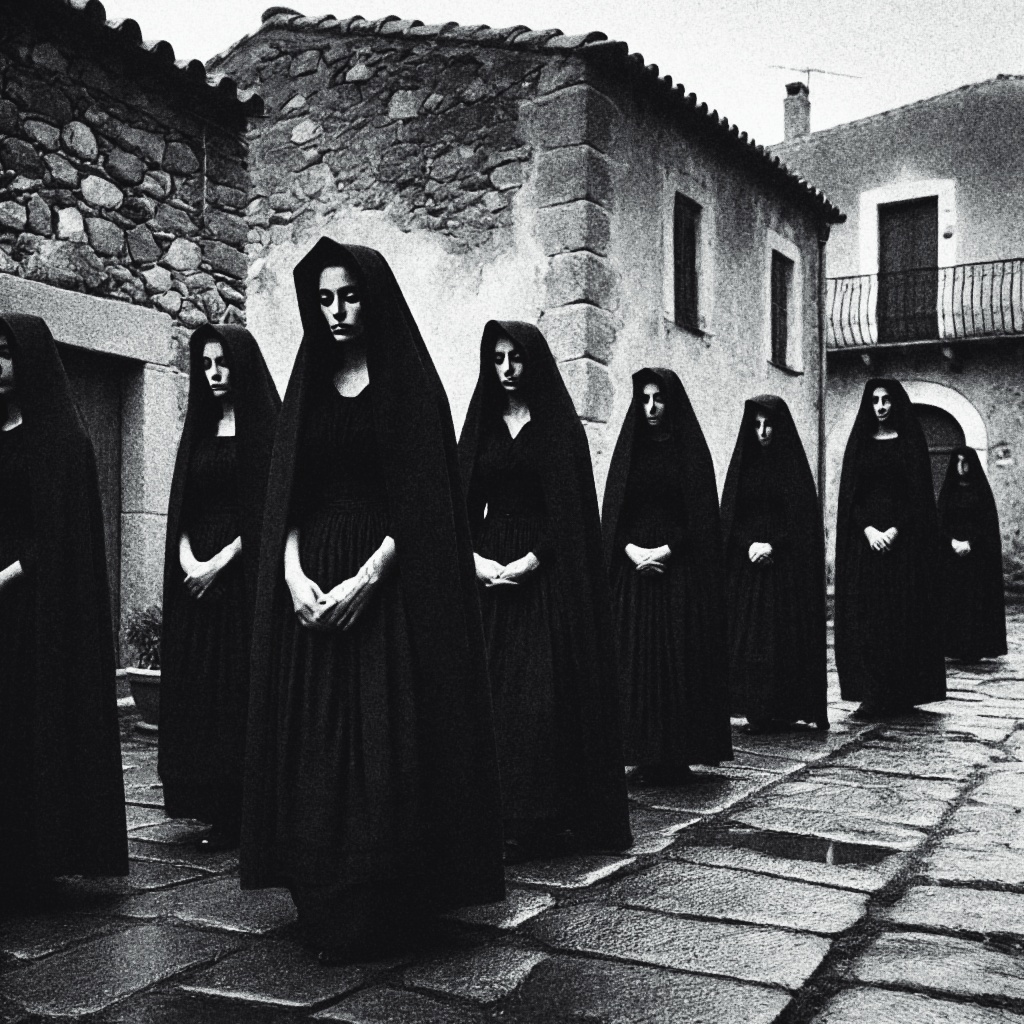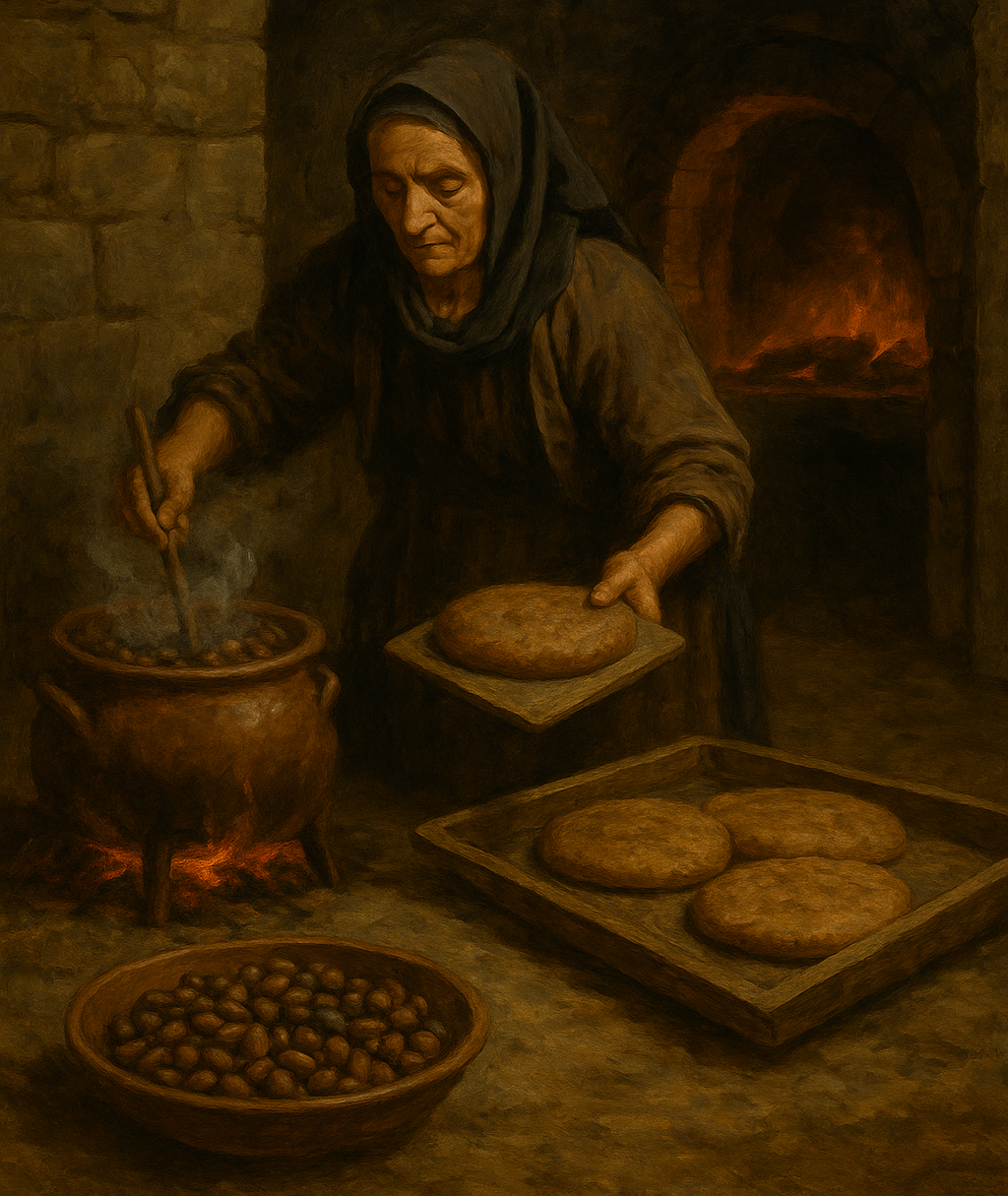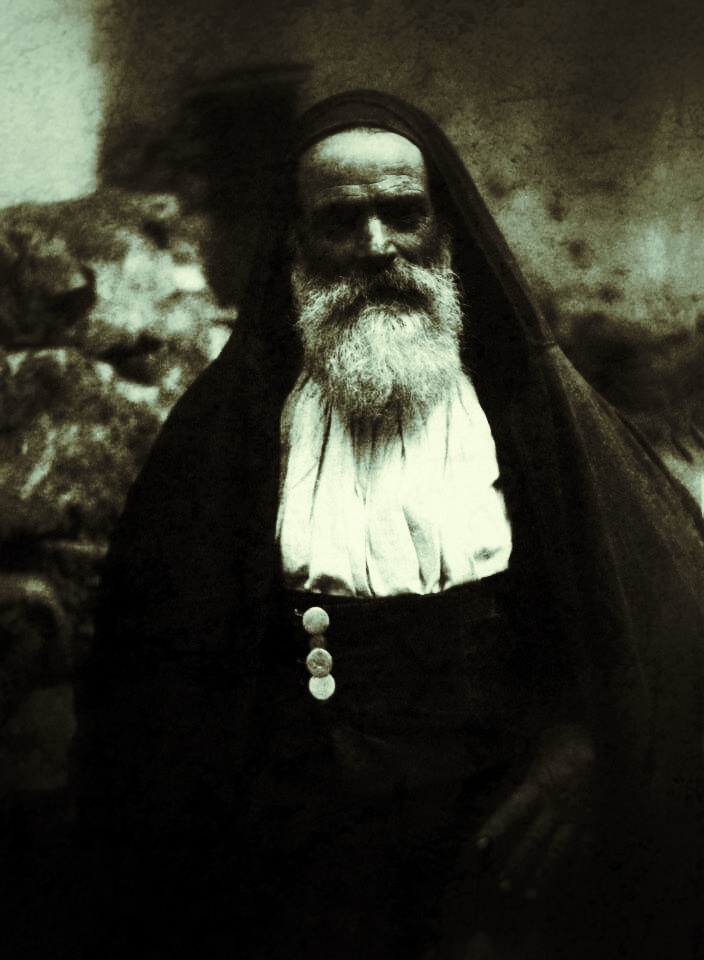Although the past has confined the role of women to being mothers and wives, they have developed a subtle yet effective power to claim their dominance over men: manipulation.
Especially in Sardinia, where women culturally have a more or less dominant character, the thumbs of elderly women, resting their hands on their bellies, tracing an imaginary circle without ever touching, reveal an intrinsic way of reflecting that silently imposes itself in daily life and, like a drop of water that carves the stone, shapes thought over long periods of time.
But it is not only with silence that they influence events: on certain occasions, women take public positions, even trying in every way to make themselves heard through screams, cries, and funeral chants: Sos attitos.
Funeral chanting is an ancient practice: Homer tells us about it in the Iliad, when he recounts how Hector, after being killed by Achilles, is honored with desperate wails from Andromache, Hecuba, and Helen, who turn him into a hero in the eyes of those who remain. It is already mentioned in ancient Rome, where the Preficae, at funerals, would sing neniae to give collective meaning to mourning (in Sardinian, the word Nenia means lullaby, and Anninnìa is the song that women sing to children to make them fall asleep, the lullaby).
But while funeral chants generally serve a collective cathartic function, that is, to perform grief and help process mourning, in Sardinia Sos Attitos have another function: to incite revenge in the case of a death caused by disamistade – enmity.
The backbone of this island is sustained by honor and revenge, and, as its unwritten code demands, “an offense must be avenged. He who shirks the duty of revenge is not a man of honor…”
These women, while tearing their hair, screaming, scratching themselves, despairing, sing hypnotic poems that, like sharp blades, pierce the pride of those who have suffered the offense of seeing a son, a brother, a cousin killed by the hand of their enemy.
Those blades were painful as they sang verses like:
“L’an mortu chentza neche.
Che a Davide bellu, forte che a Sansone,
fis de totu s’ammiru.
Non ti dormas ch’est s’ora,
de ‘essire a cassare, s’inimicu balente.
Su samben innossente,
lu devo vindicare, finas a s’ultima ora.
Resoria patadesa!
L’at in campu iscoratu e fertu a traimentu.
Diat esser viles ,
no l’aer vindicatu, de coro e a intentu.
CUNTENTU EST SU MORTORE (..)”
(They killed him without cause, beautiful like David, strong like Samson, admired by all. Don’t sleep, for now is the time to go hunt, the enemy hunter. The innocent blood, I must avenge it, until the last hour. Pattadese knife! He was “opened” (killed) in the field, and wounded in betrayal. It would be a cowardice, not avenging him, with heart and intent. The murderer is pleased (..). )
A masterful theatrical scene, interpreted only and exclusively by female figures, capable of guiding emotions and decisions through manipulation.
Today, it seems that Sos Attitos have disappeared, but their ashes can still be found on certain occasions, such as in the carnival of Lula, “su Battileddu,” where men dressed as women with their faces painted black, cry and despair for the death of the pagan god, impersonated by ragdolls they hold and shake in their hands, while scratching their faces in a state of despair.



